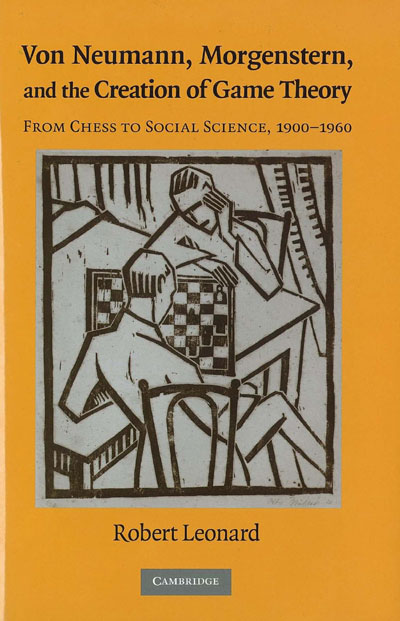They make everybody excited there, and for good reasons. Samuelson was all over the place for about 70 years: in the academia, in the medias, in the arcane secrets of governmental policies. As a result, some of his papers read as mystery novels. There are many different plots intertwined there and you just want to read the end of the story – okay, I might be exaggerating a bit, but you get the idea. Of course, when one sees this kind of materials, he has many ideas for future papers and want to have them written – and published – as soon as possible. Accordingly, the Samuelson papers seem to generate a very competitive market. There will be a roundtable on “the prospects of writing on Paul Samuelson” at the next HES meeting, (at least) two biographical projects are being undertaken at the moment, and of course, there is also the perspective of the 2013 HOPE conference on MIT, which will hopefully result in a lot of new fascinating contributions, not only on Samuelson but on the many other important economists who interacted in this place where a lot of what constitutes the economists’ workaday toolbox has allegedly originated. There is this sensation that things will come out rather quickly but also an uneasy feeling of misplaced haste and pressure. Of course, I am not blaming anyone: that feeling has gotten all over me as well!

Yet, it is not without an afterthought that, soon after my return to Paris, I grabbed the copy of Robert Leonard’s Von Neumann, Morgenstern, and the Creation of Game Theory: From Chess to Social Science, 1900-1960 that I had ordered from my university’s library and which had finally arrived on shelf during my absence. Leonard’s book has been expected for over a decade and it fully delivers on its promises. It does not rely on a forced grand narrative or on an overly repeated thesis. Instead, it is constructed like an impressionistic picture, where individual paths and the larger context are subtly intertwined until they finally make sense to the reader. Robert Leonard is never where you expect him to be. When one anticipates pages on abstract formalism, Leonard depicts Chess games and the politics of Red Vienna, when one sees a critique of neoclassical economics, he describes a theory of social interaction and when one thinks of wartime reorganization of science and its aftermath, he tells the ending of a very personal journey. It is meticulously crafted, with an economy of words that makes every sentence necessary. Obviously, these things take time



